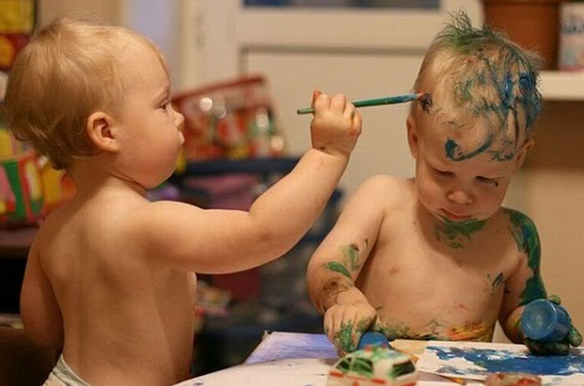This week one of my fellow Colorado psychologists held a press conference. In her presentation she responded to comments made by Colorado political candidate, Ken Buck, comparing homosexuality to a disease like alcoholism. Dr. Sarah Burgamy made some great points in the conference, but the one that struck me was: Homosexuality is not a “defect, disease, or disorder.” Dr. Burgamy continued: “Homosexuality is a healthy variation of human sexuality.”
Dr. Burgamy did such a beautiful job responding to the assertions that there is something wrong with homosexuality, that I don’t really think there is anymore I can add. Other than to remind myself and others that her points are ones we all need to remember in our personal lives, professional work, and – perhaps most importantly – when seeking to assist the young people in our communities who are struggling with their own sexual identities.

